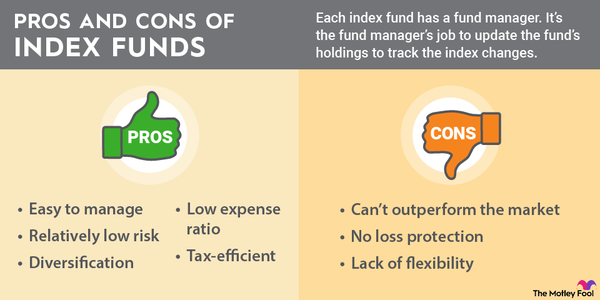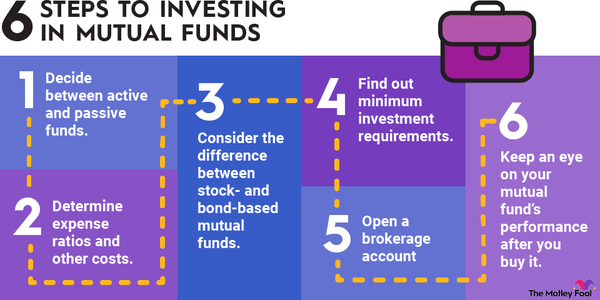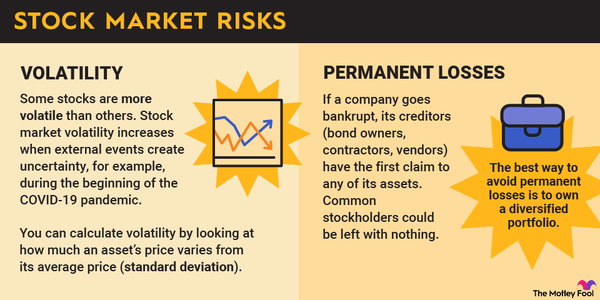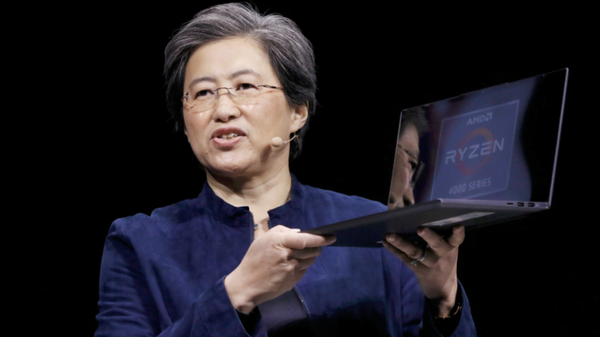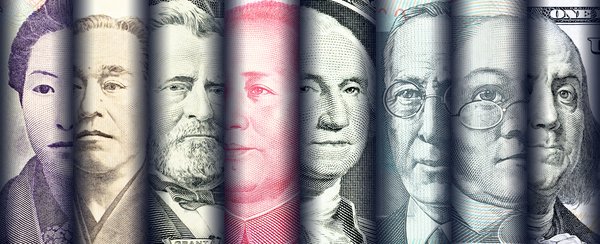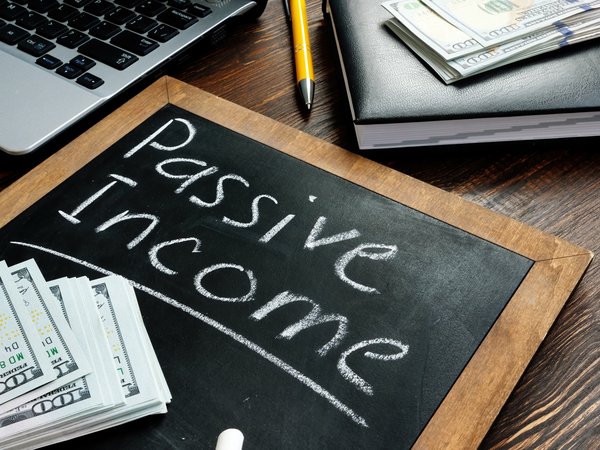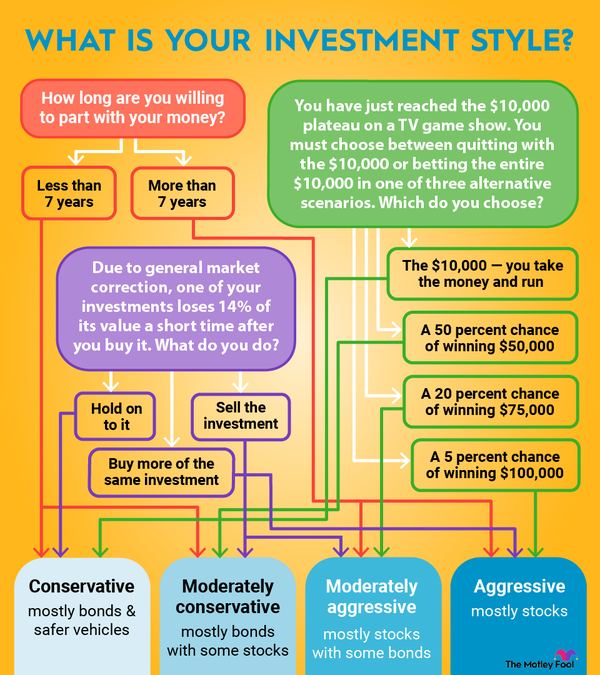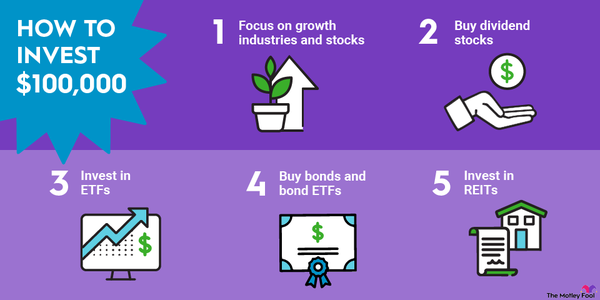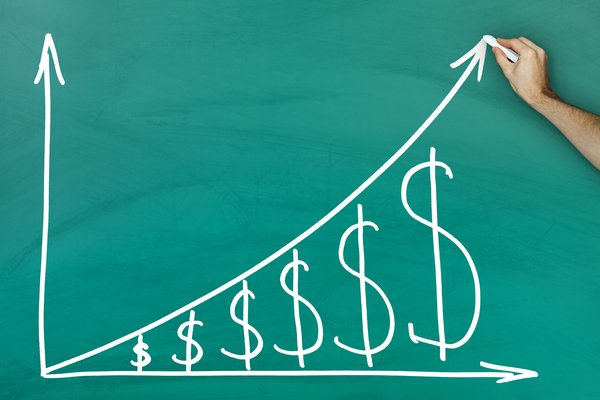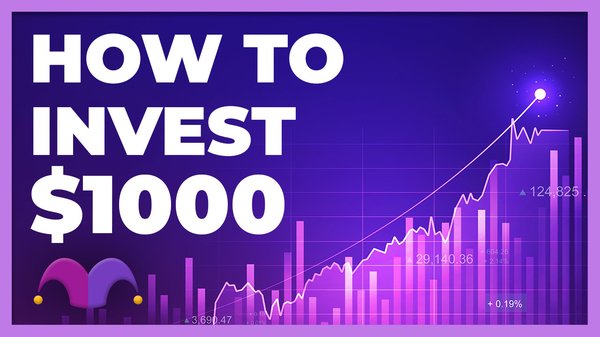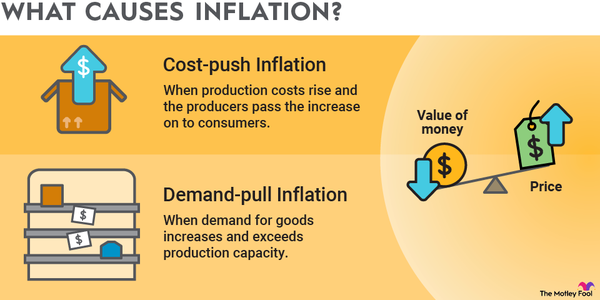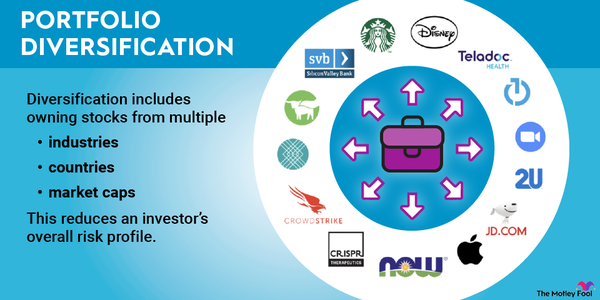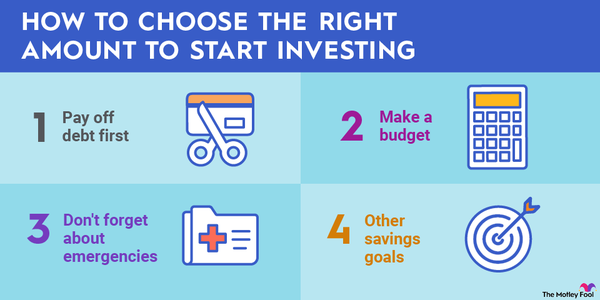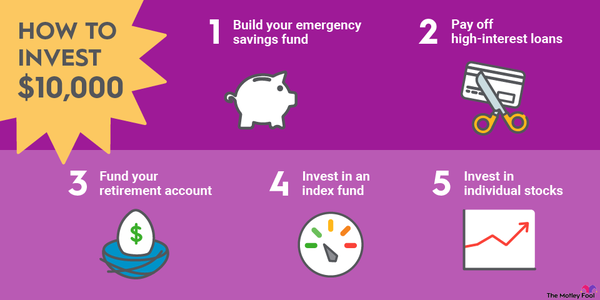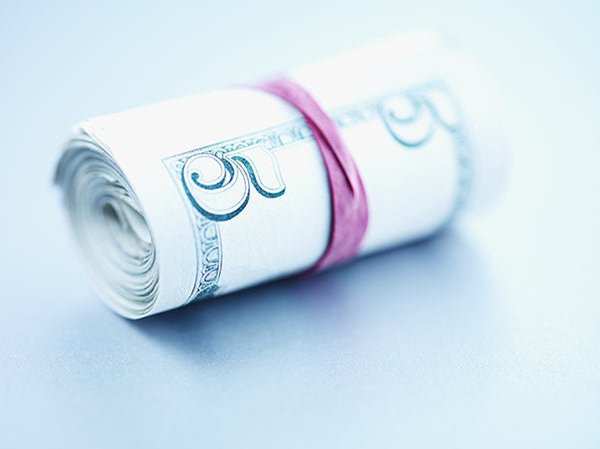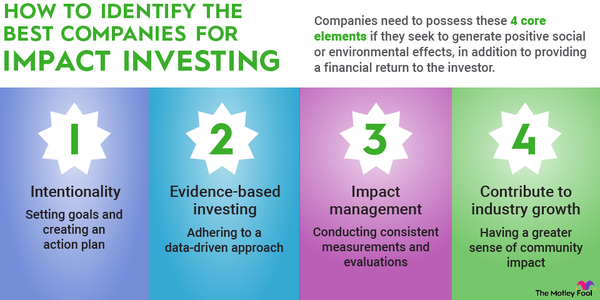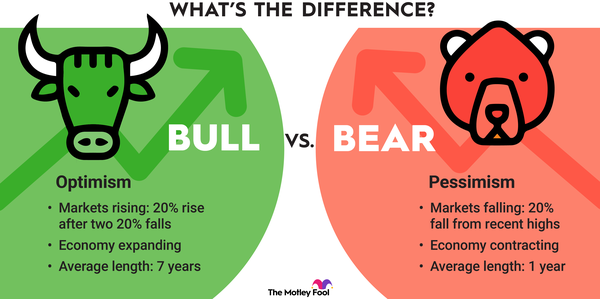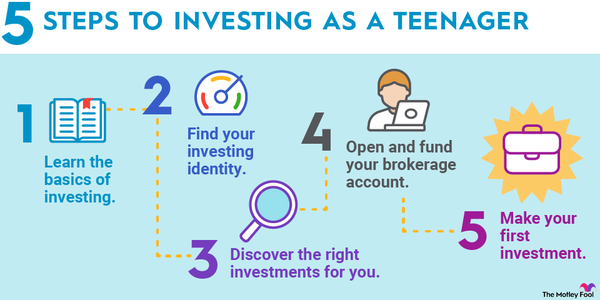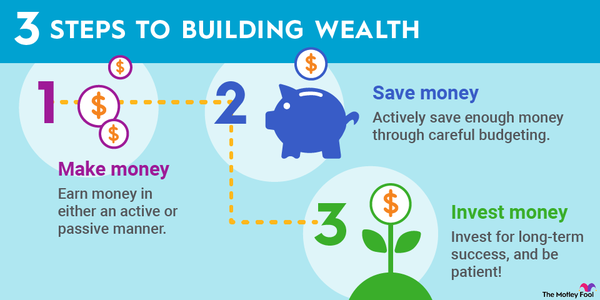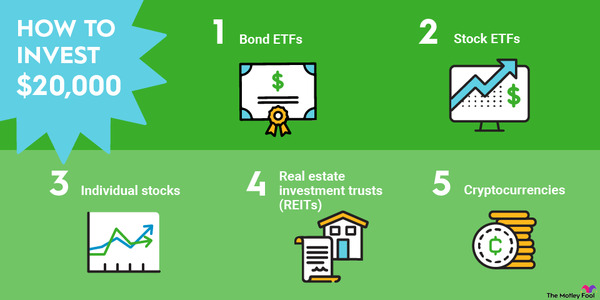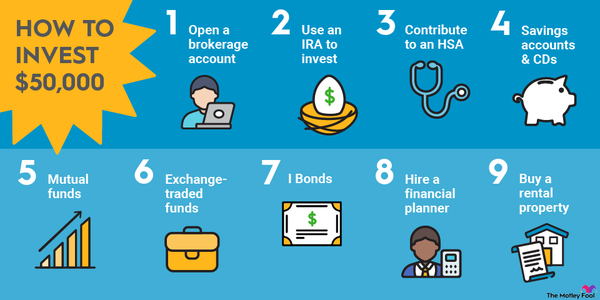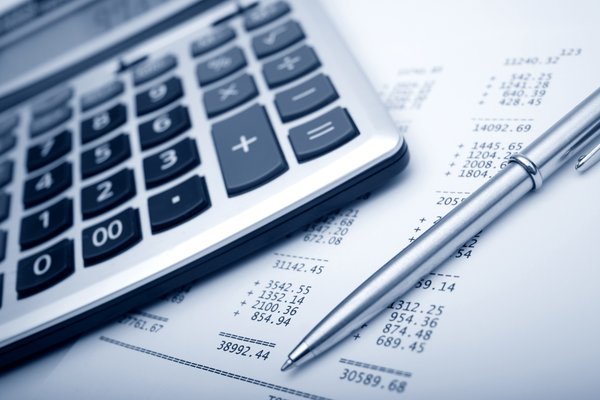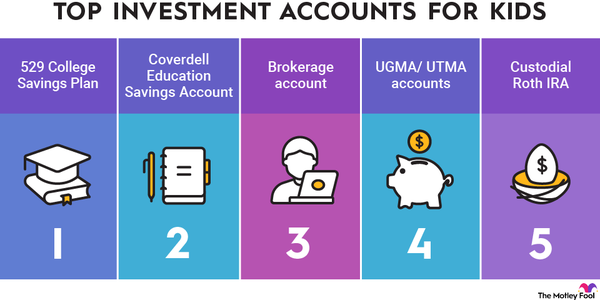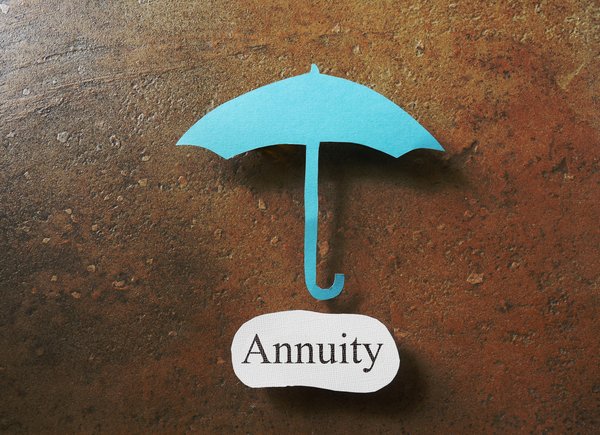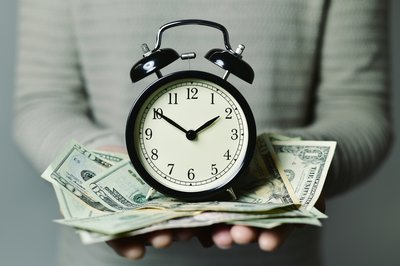Investing in a bear market can be a bit frightening. But it's also necessary to learn how to invest in different market environments -- especially when the broader economic landscape is out of your control.
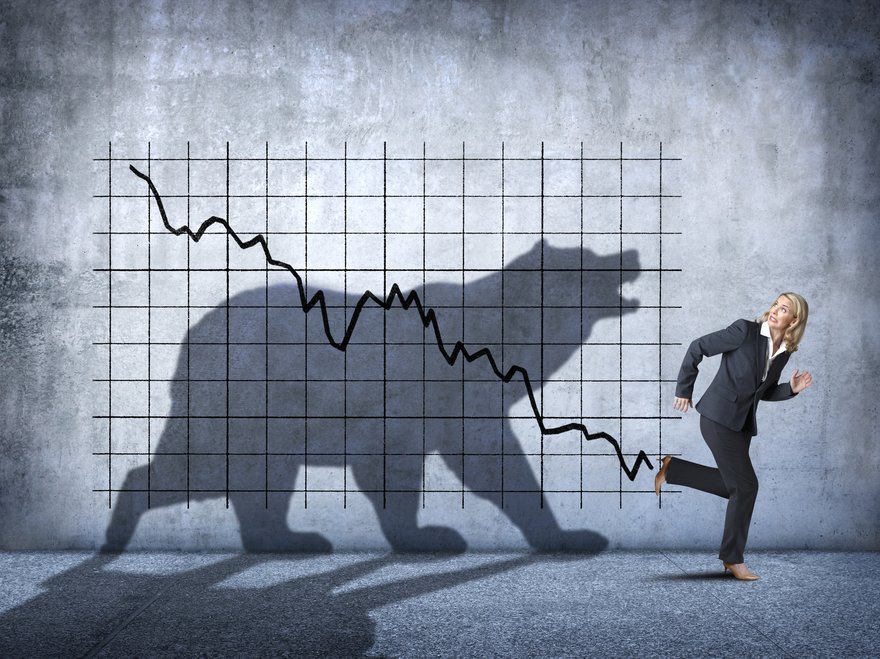
When markets fall, many investors run to income-producing assets, stocks included. This means looking for different stocks with a stable cash flow, history of paying consistent dividends, and participation in "staple" industries.
Investors might also consider stocks that have a competitive advantage, or present a lower-cost alternative to some of the pricier service offerings in the space.
Here, we'll offer some guidance about potential stocks to buy in the midst of a bear market.
Best bear market stocks to buy in 2024
| Name | Ticker | Market Cap | Industry Description |
|---|---|---|---|
| Enterprise Products Partners L.P. | NYSE: EPD | $56.94B | Oil and Natural Gas |
| Mondelez International, Inc. | NASDAQ: MDLZ | $89.54B | Consumer Staples/Snacks |
| The Coca-Cola Company | NYSE: KO | $261.16B | Consumer Staples |
| CVS Health Corporation | NYSE: CVS | $106.54B | Healthcare |
| Walmart Inc. | NYSE: WMT | $379.30B | Consumer Staples |
| AbbVie Inc. | NYSE: ABBV | $274.74B | Biopharmaceuticals |
| Johnson & Johnson Inc. | NYSE: JNJ | $405.02B | Healthcare Products |
| T-Mobile US Inc. | NASDAQ: TMUS | $174.75B | Information Technology |
Enterprise Products Partners (EPD 0.45%)
In difficult times for the wider economy, investors look to income-producing stocks to bolster their cash flow and, ideally, smooth out their portfolio returns. As one of the leaders in the oil and natural gas pipeline space, Enterprise Products Partners (EPD 0.45%) appeals to investors for its attractive dividend yield -- currently sitting at 7.47%.
Enterprise Products Partners is an MLP -- a master limited partnership -- known for distributing cash to its investors. What's more, Enterprise has increased its payout to investors every year for nearly 25 years. Oil and natural gas tend to perform well even when certain sectors across the economy may be struggling, since demand for these commodities remains even during an economic downturn.
Note that when you hold MLPs in your portfolio, tax preparation is more difficult. Instead of receiving standard tax forms, you'll receive a K-1 form outlining any distributions paid out to you during the year. Although the paperwork isn't a dealbreaker for most people, it is something to consider.
Mondelez International, Inc. (NYSE:MDLZ)
Mondelez International, Inc. (MDLZ -0.27%) is considered one of the world's leading snack companies and part of the consumer staples sector. When a recession looms, people still purchase food at a similar clip and discount foods at an even higher rate. Steady demand for consumer staples tends to make large food producers attractive -- even as discretionary spending is falling in other sectors.
Another common reason people look to stocks like Mondelez is its attractive dividend and cash flow profile. Recessions usually come with bear markets in broad stock indices; holding stocks with stable (and even rising) dividend yields can make sense for investors who don't have long-run time horizons.
Currently, Mondelez pays a stable dividend of 2.3%, and posted a total return of 3.45% in 2022 -- a year in which major stock indices lost almost a quarter of their value.
The Coca-Cola Company (KO 0.0%)
It's difficult to walk outside and not see a sign for a Coca-Cola product. The Coca-Cola Company (KO 0.0%) is another consumer staples favorite that tends to remain stable or do well in times of economic distress.
In 2022, the stock remained steady around the $60 per share mark, shielding investors from an ugly experience for the broader indices. At the same time, the company held its dividend just above 3%, providing cash flow to potentially anxious investors.
Finally, Coca-Cola is one of the Dividend Kings, a group comprised of companies that have grown their respective dividends in each of the past 50 years. It's no surprise that Coca-Cola stock might be appealing during difficult economic times to keep investors afloat.
CVS Health Corporation (CVS -0.22%)
When the economy goes south, people still need medications, basic consumer goods, and access to local, reasonably priced medical care. CVS Health Corporation (CVS -0.22%) acts as a one-stop hub for people in local communities, and may even reduce primary care visits with their urgent care Minute Clinics.
The company pays a dividend topping 3% and posted double-digit revenue growth in 2022. Since before the pandemic, the stock has risen steadily to about $77 per share today. This is presumably due to the company's active presence around vaccine distribution throughout the COVID-19 pandemic, and the knock-on effects for same-store sales.
Walmart Corporation, Inc. (WMT -0.08%)
Economic stress tends to make discount and big-box stores appealing for those who previously traded up during the 2010s expansion. Walmart Corporation (WMT -0.08%) pays a modest dividend of 1.65%, but the stock price remained fairly stable in 2022 (when viewed as a full year).
It's been said before that Walmart is "recession-proof" because it tends to see greater sales when people have less money overall and less for discretionary spending. Since you can buy almost anything at Walmart, it makes for a convenient and cost-effective one-stop shop for weathering unfortunate economic times.
If you look at Walmart's revenue growth and its dividend payout taken together, there is a lot to like about the stock if you think we're heading further into bear market territory.
AbbVie Inc. (ABBV -4.58%)
As one of the largest pharmaceutical companies in the world and a consistent dividend-payer, AbbVie (ABBV -4.58%) is more than a worthy hold during a bear market. Boasting a 4% dividend yield and a stock price that rose almost 40% in 2022, AbbVie is a compelling pick for a diversified portfolio holding during a bear market.
Recall that despite the negative social and impacts, healthcare companies performed well as a group during the 2020 bear market. An aging population -- combined with a steady demand for healthcare, pharmaceuticals, and related services -- only points to further growth for one of the industry giants.
Johnson & Johnson, Inc. (JNJ -0.46%)
Another Dividend King, Johnson & Johnson (JNJ -0.46%) stands as one of the most reliable income stocks you can own. The company has raised its dividend for 60 years, and at the same time has shown strong stock price and revenue gains.
As one of the COVID-19 vaccine manufacturers, the company saw a sales boost of more than $3 billion from vaccine inflows alone. The company's role in vaccine production widened brand recognition to greater levels than it already had, but the bottom line is that well-established, well-known healthcare companies tend to be a great spot to park money when the economy is weak.
As an investor, you can expect a dividend in the 3% range, and an average annual return of just under 10%. Note that while the dividend is stable and growing, the stock's price return will vary greatly from one year to the next.
T-Mobile US, Inc. (TMUS -0.06%)
The only non-dividend payer on this list, T-Mobile US (TMUS -0.06%) shouldn't be ignored as a potential recession-resistant stock. T-Mobile is not only the second-largest wireless provider in the country since its merger with Sprint, but its customer base tends to have a slightly lower credit quality than its competitors. This could signify that in a bear market, you might see previously high-income earners considering lower-priced wireless options.
This means T-Mobile stands to benefit from increased consumer price sensitivity. Plus, the absence of a dividend can be a strong point; without the ongoing commitment to pay its shareholders every quarter, the company can take excess funds to improve their service offerings and customer support.
Related investing topics
The bottom line on bear market stocks
Again, investing in a bear market isn't meant to be easy. But it's also one of the best ways to invest to build long-term wealth. Staying the course with stable, income-friendly stocks is a way to achieve a seven-figure net worth -- if you do it long enough.
No matter which stocks you end up buying, be sure to maintain a diversified portfolio at all times. Don't put all your eggs in one basket. We never can really know what's coming next, so it's best to cover all your bases to the extent possible.
Take the time to properly evaluate every stock you put in your portfolio and proceed through to the next bear market with confidence.










